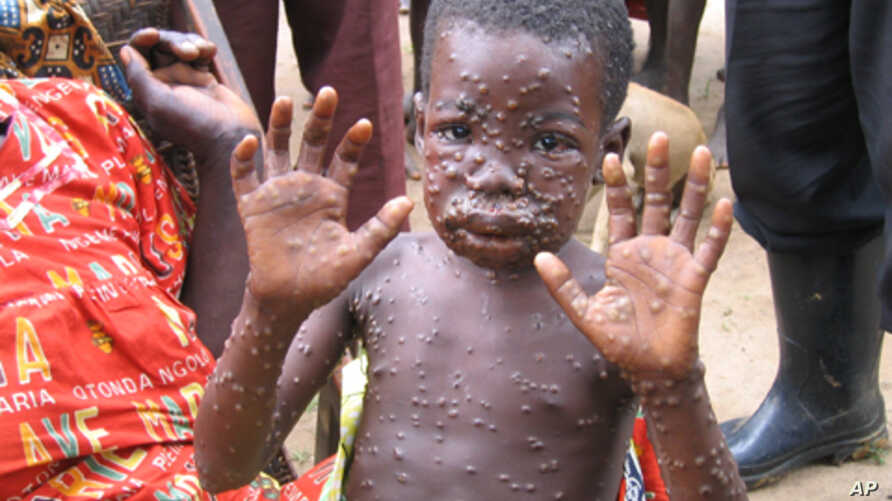
The Case of Monkeypox Higher Among Young People —Specialist
A professor of public health, Tanimola Akande, says the fatality rate of monkeypox is usually higher among the younger population, particularly children.
He noted that the disease should be prevented by avoiding contact with animals, especially those that are sick or dead.
According to Akande, the case fatality ratio of monkeypox varies between zero and 11 per cent in the general population.
Monkeypox is a viral zoonosis (a virus transmitted to humans from animals) with symptoms similar to those seen in the past in smallpox patients, although it is clinically less severe.
Recall that the Nigeria Centre for Disease Control has registered 59 suspected cases of monkeypox, with 15 confirmed.
The Director-General of NCDC, Dr. Chikwe Ihekweazu, said the Federal Government was notified of the situation in Texas, through the International Health Regulations which reported a case of monkeypox disease diagnosed in a patient who had recently visited Nigeria.
“Since the re-emergence of monkeypox in the country in September 2017, the agency has continued to receive reports and responses to sporadic cases of the disease from states across the country.
“We have been working closely with state health ministries to strengthen monkeypox disease surveillance and response in the country.
“We work with the Enhanced Monkeypox Surveillance Project where we have been training health workers across states to rapidly detect and manage cases.
“Our initial focus is on the states with the highest number of cases – Delta, Bayelsa, Rivers and Lagos.
“We will continue working with all states to strengthen monkeypox prevention, detection and control in Nigeria,” Ihekweazu explained.
Akande, who is also a former National Chairman of the Association of Public Health Physicians of Nigeria said monkeypox is not really rampant globally but cases have been reported in many countries including the United Kingdom, the United States of America, Singapore, Malaysia since 2020.
“Cases are mostly found in Central and West Africa. About 500 cases have been reported in Nigeria since 2017. It became rampant in Nigeria in 2017. It is considered an outbreak,” he said.
He said the viral zoonotic disease can also be transmitted from man to man.
“The symptoms of monkeypox are fever, intense headache, rash, muscle pain, lymph node enlargement, and skin manifestations in form of rashes on the face and extremities.
“Diagnosis is mainly from the clinical presentation. The confirmatory test is by polymerase chain reaction laboratory test of fluid from the skin vesicles or pustules,” he said.
He noted that Monkeypox is infectious though the transmission of infection is not as high as cholera and Lassa fever.
“Monkeypox can be prevented by avoiding contact with animals like rats and monkeys. Unprotected contact with wild animals, especially those sick or dead, including their meat, blood, and other parts must be avoided.
“Vaccination with smallpox vaccine in the past when the vaccine was still available is known to offer protection against Monkeypox.
“A new vaccinia-based vaccine was approved for the prevention of smallpox and monkeypox in 2019 though not yet widely available in the public sector.
“There is no specific treatment for Monkeypox infection. It is a viral illness that is self-limiting. It lasts between 2 – 4 weeks,” he said.
Akande added that the focus on COVID-19 cannot be said to be too much because of the pandemic nature and socio-economic and health consequences.
“Nevertheless, other diseases need to be addressed as well. A lot of strategies and resources in the control of COVID-19 are also useful in the control of some other epidemic-prone diseases.
“There is a need for synergy in the control efforts to ensure other diseases are not neglected. COVID-19 has attracted significant funding, the same mechanism can be used to mobilise resources to generally improve the health system in Nigeria,” he said.

